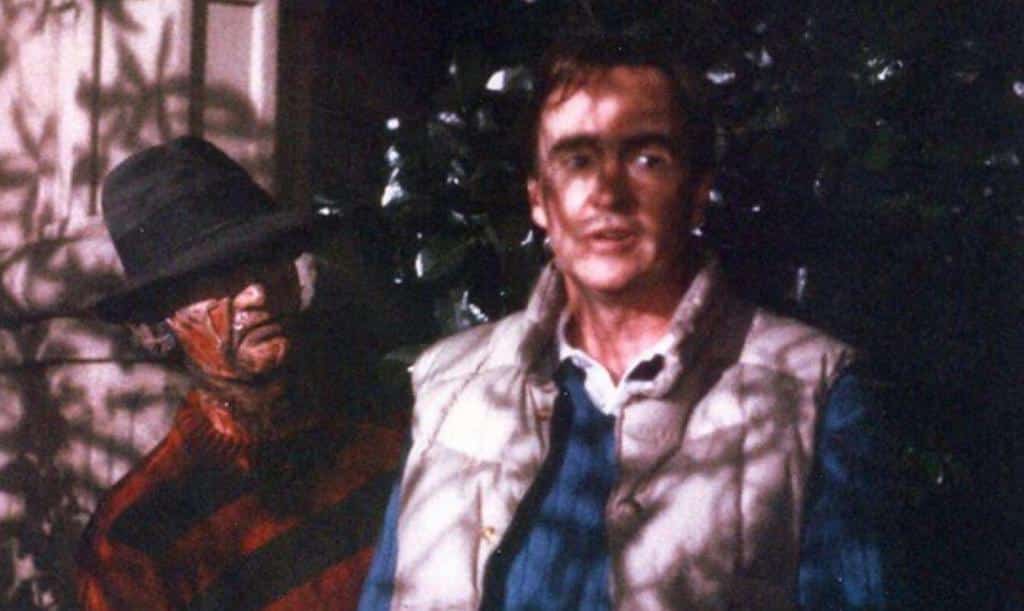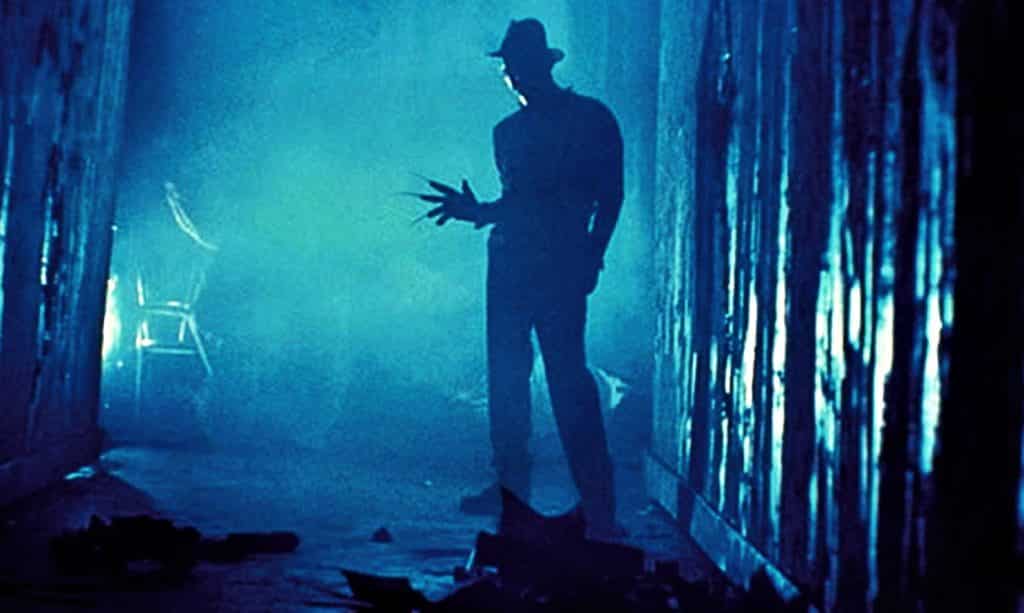Among the likes of Halloween and Friday the 13th, Wes Craven’s 1984 film A Nightmare on Elm Street is a notorious slasher film that’s been the basis for a multitude of sequels, reboots, and tie-in media. The franchise’s success is thanks heavily to the surprisingly creative and iconic visage of Freddy Krueger – nicknamed the Son of a Hundred Maniacs or the Springwood Slasher throughout the films.
But where did Wes Craven come up with the idea for Freddy Krueger? It turns out the inspiration for the murderous and nightmarish villain is a lot more real than you’d expect. Wes Craven unveiled long ago that the inspiration for Freddy Krueger came from a newspaper story a decade before A Nightmare on Elm Street would be produced.
The article detailed the unfortunate history of a family of immigrants. The group had managed to escape from the Killing Fields of Cambodia, but as a result their young son suffered PTSD which included horrible nightmares. The dreams were so bad that their son ended up no longer sleeping at all, and he decided to stay awake in an attempt to escape having the same recurring nightmare.
But eventually the stress had become too much, forcing him to eventually fall asleep. It wasn’t long before his parents could hear him screaming in his room – but by the time they arrived it was too late. The boy was found dead in his bed.
The character of Freddy Krueger had also been more directly inspired by other events as well. For example, one night when Craven was young, he’d encountered an eerie homeless man on the other side of his window. The man was scary enough to drive the image of what would eventually become Freddy into Craven’s mind for years to come.
As for the name, Fred Kruger was the name of a childhood bully Craven encountered. In fact, the bully’s name was also used as the basis for a character named Krug – the antagonist played by David Hess in Wes Craven’s The Last House on the Left.
It goes to show just what a little creativity can do with some old memories. While Wes Craven is no longer with us today, his legacy will live on in the powerful films he helped create and the ideas they popularized.


